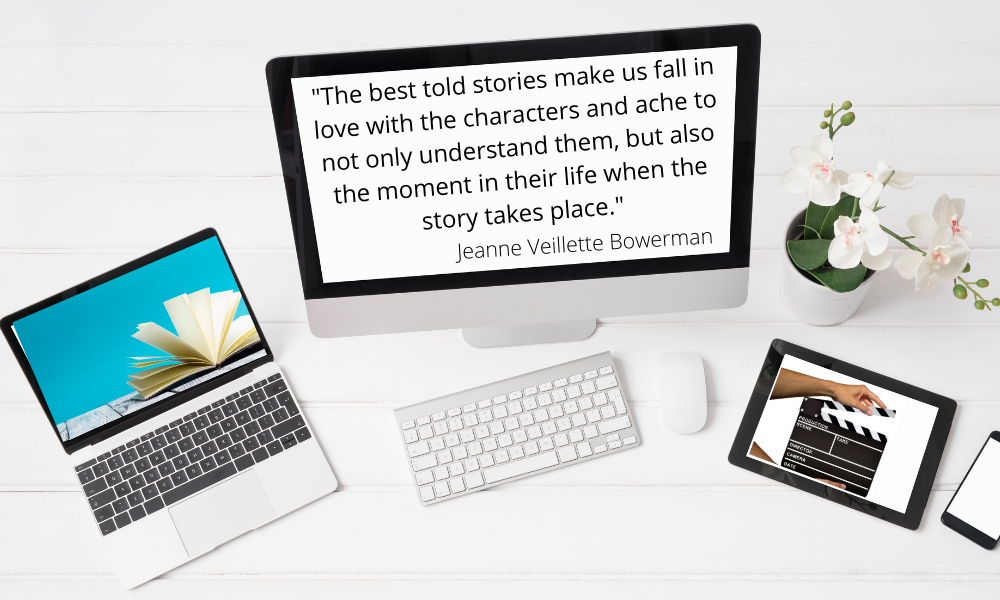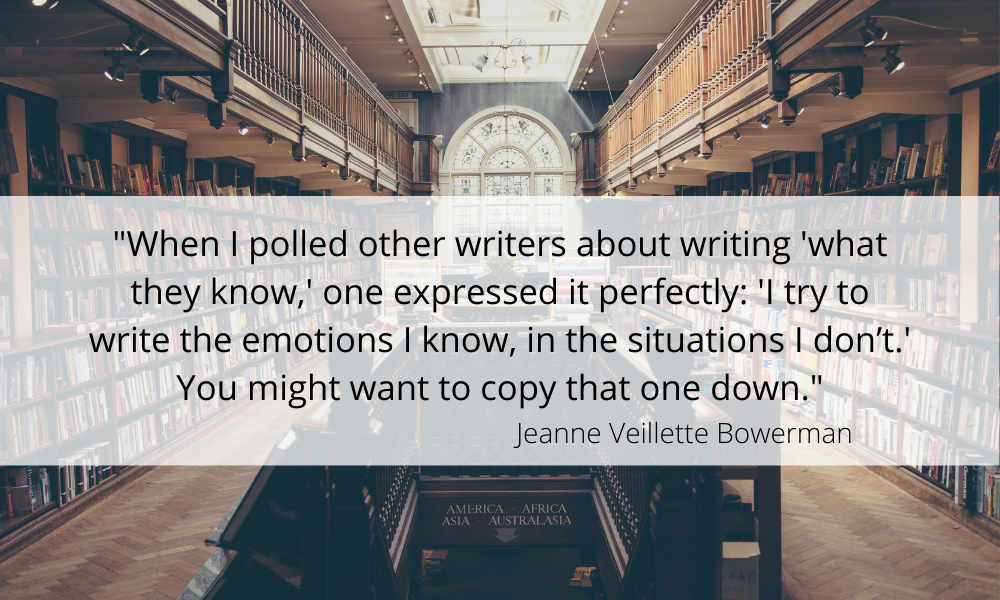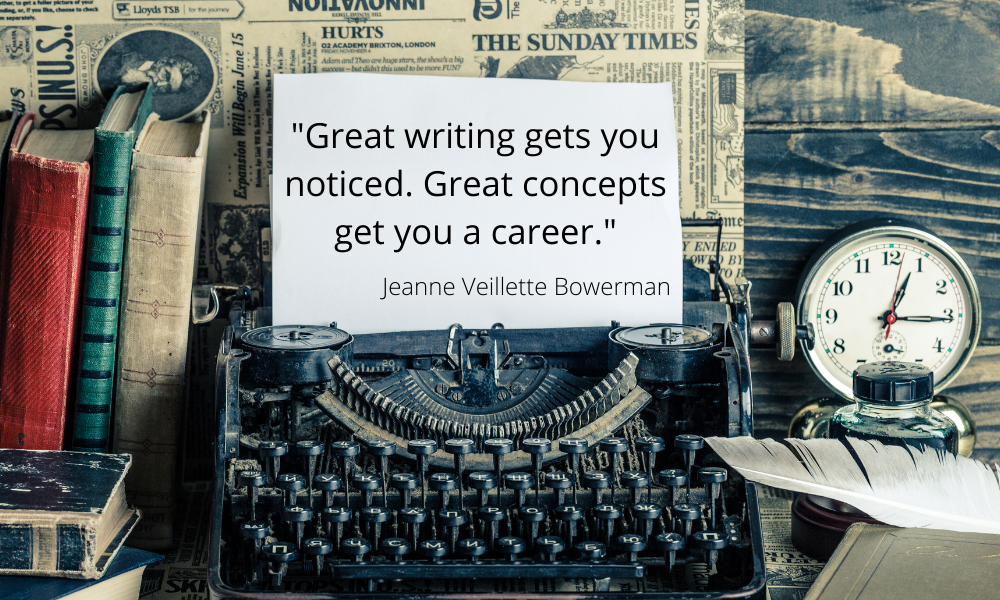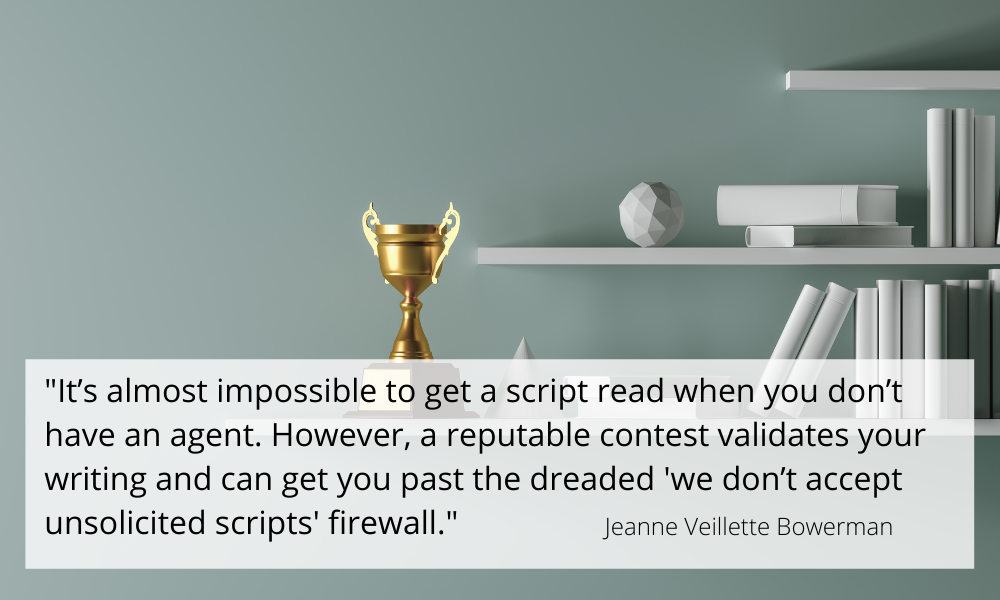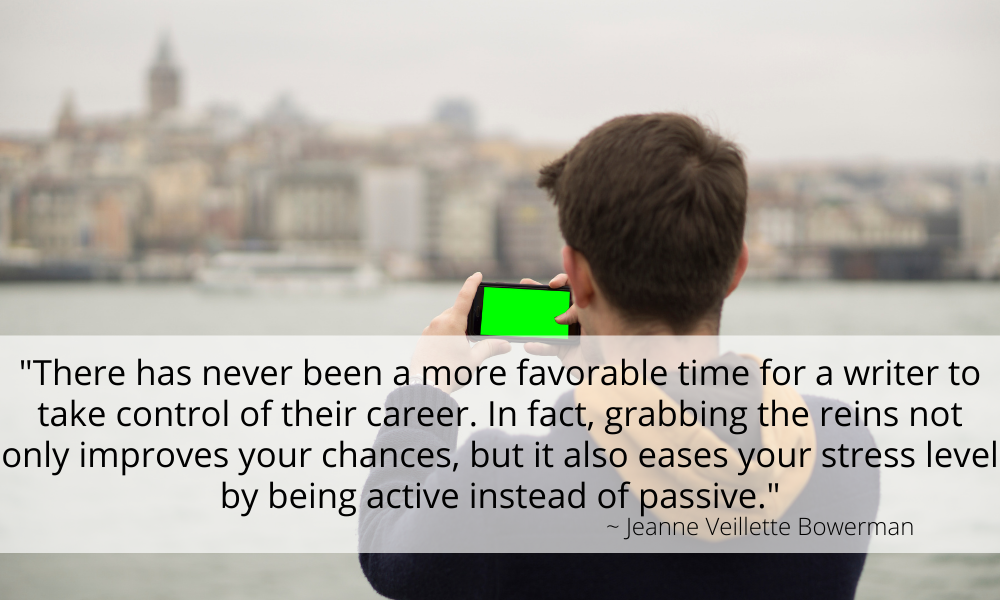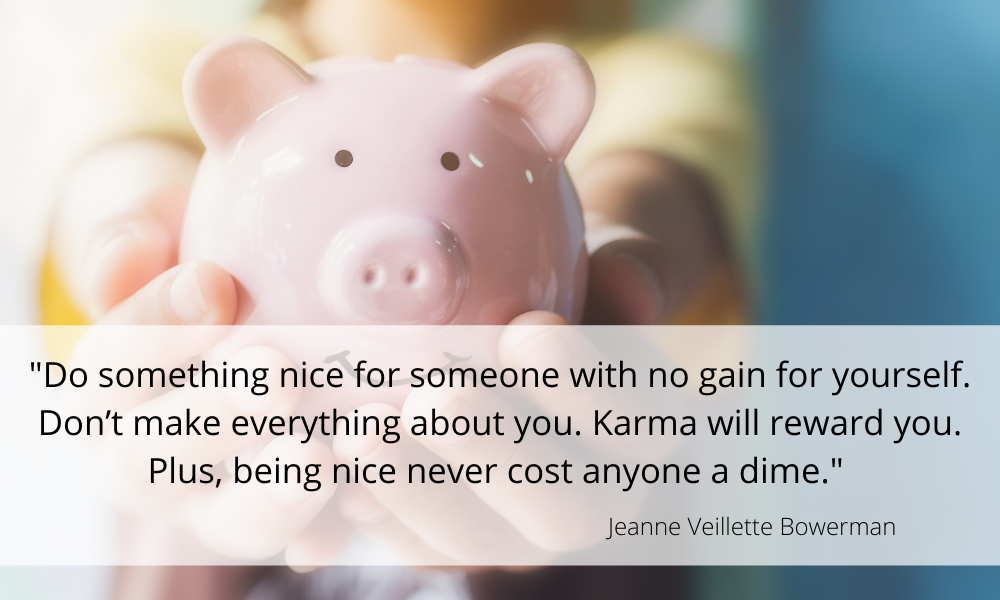Online Exclusive: An Interview with Indiana Jones Scribe David Koepp
With blockbusters like Spider-Man, Jurassic Park, Mission: Impossible and the newest installment of Indiana Jones under his belt, you’d think scriptwriter David Koepp holds the secret to Hollywood success. And in some ways, he does. by Patrick McGilligan
David Koepp was bemused at my suggestion his small-town Pewaukee, Wisconsin roots might help to explain the populist touch of a writer who has worked on as many Steven Spielberg films as anyone else (and counting). But Koepp is not easily categorized. One of his specialties is "giant movies," usually adaptations of bestsellers, classic comic books or vintage television shows whose titles are already well-known and pre-sold to the public. His “giant” scripts have launched franchise hits with astronomical box-office grosses and auxiliary revenue. At the same time Koepp stubbornly (he says “rigorously”) alternates these remunerative blockbusters with his own “small movies”—sometimes adaptations, sometimes originals—which he writes on "spec" and increasingly prefers to direct. He also dabbles in short films (Suspicious, All Falls Down) that draw raves on IMDb.com.
To add to the mix of qualities, this quintessential Hollywood screenwriter has chosen, after living for many years in Los Angeles, to move to New York City.
Koepp started out as a theater major at Midwestern colleges, thinking he might become an actor, but learning his limitations. “The height of my illustrious [acting] career was probably when I played Mortimer in a main stage production of Arsenic and Old Lace,” Koepp recalls. “I remember my review, actually, it said I was ‘brisk and efficient,’ which is better I suppose than ‘sluggish and sloppy.’ I've tried to remain brisk and efficient to this day.”
He finished out at UCLA, where he embraced the film studies program. After graduation he learned the screenwriting ropes with independent productions (Apartment Zero, Bad Influence) before one of his scripts attracted Spielberg. He was hired before the age of 30 to co-write Jurassic Park—and other blockbusters followed (The Lost World: Jurassic Park, Spider-Man, Mission: Impossible). His “spec” side continued to evolve impressively. Panic Room, with Jodie Foster and her daughter fighting for their lives from inside a secret room in a New York brownstone, was a nail-biter. And one of Koepp's latest films as writer-director, The Secret Window, was a Stephen King adaptation with Johnny Depp as an author stalked for plagiarism.
Most critics would agree his 2005 script for War of the Worlds, a lavish special-effects thriller with a compelling human dimension, was his finest yet for Spielberg. It may be surpassed, however, by his latest and keenly-anticipated project: Indiana Jones and the Kingdom of the Crystal Skull.
Q: Do you think coming from Wisconsin gives you a different perspective on writing movies, compared to all those Hollywood writers who come from New York or California?
A: It gives you a perspective, which is all you need. As a writer all you are is your bundle of experiences and, hopefully, a point of view, which is one of the reasons why I think it's destructive for a writer to live in Los Angeles for too long—because then you're in the same cultural soup as everybody else and your ideas take on a certain sameness. Not to mention the corrosive value system there, where bad ideas are rewarded and good ones are punished. A system which I've benefitted from and also suffered from.
You've got to come from somewhere, and then whatever your “you-ness” is, you bring it along with you wherever you go. In fact, it's all you've got.
Q: Does your “you-ness” figure into everything? Is your personal rapport an important part of the equation with someone like Spielberg?
A: Sure. In meetings and in writing and in everything else you do in Hollywood, there's an incredibly important quality, which is sadly overlooked: sincerity. You go to a movie and if they meant it, you can tell. You tend to like the movie. If they were pandering or trying to please you, or in any way insincere, you can feel it and you hate it. The same applies to meeting people. If you go to a meeting with someone and you have sincere feelings and enthusiasm about a project or their work or your desire to work for them, that's great. Not just hunger—sincerity. I always try to be in situations where I can be sincere. If I don't have those sincere feelings, then I don't go, or hopefully I spot it in myself early on and don't pursue the situation.
Q: Can you recall your first meeting with Spielberg? Here you were meeting someone whose movie, Jaws, had thrilled and terrified you as a kid.
A: Sure, of course, I was terribly anxious. That anxiety, though, diminished quickly—over a period of about 12 years (laughs). It wasn't really until War of the Worlds that I stopped feeling uptight, and, I think, the result is the War of the Worlds script is probably the best one I wrote for him. What I discovered is I could say no and not worry about it. If he really wants to do something, he's going to do it.
Q: After all, he's a writer too.
A: He's very much a writer. A storyteller. The situation is much like that of having a point of view—coming from somewhere, being someone, having some point of view. It's the same thing with your opinions. You're hired for your opinions. So they really shouldn't get mad at you when you express your opinion. But they do. That's part of the risk and that's OK.
I think there's a calmness about successful people, because they know they can prevail. Steven is fine with give and take. I don't think anyone likes to be argued with, but he does like give and take, and he enjoys it with the calmness of someone who knows that he's in charge. Ultimately the decision is his.
If you're a screenwriter, particularly for a visionary director or a director with a distinct and powerful point-of-view, you have to go in with the attitude that you're an assistant storyteller. It's the nature of the medium. You're there to help.
Q: Can you talk a little about how the quality of your writing changed or improved, from Jurassic Park to War of the Worlds? Is it partly the differing nature of the material and your own maturation as a writer, as well as the growing ease of collaboration?
A: Hard to say. They both have their virtues and their inherent problems. I just think I did a better job with the characters in War of the Worlds, perhaps because there were fewer of them, or maybe because I was depicting a domestic situation that I thought I knew something about. Whether it's dinosaurs or alien invasions or some other gizmo, it is very, very difficult to get real human beings into these giant movies—sometimes the gizmo eats you, and sometimes you eat the gizmo. I just felt like on War of the Worlds I got to take a decent bite out of the gizmo.
Q: You have worked on so many franchise hits, series, sequels and blockbusters. Is it really challenging, to put it nicely, to write on a project where there are so many hands trying to stir the pot?
A. It's a whole different challenge, but yes, it's a challenge. The thing about a Spielberg blockbuster is you're usually only dealing with him, so that makes it easier and more enjoyable.
Something like Spider-Man, there's a lot more people involved and therefore a lot more opinions and more possibilities for conflict. So that can be harder. Again, that's part of your job, but that's why I try to mix it up by writing originals at least half of the time. The resume doesn't necessarily reflect that, as the originals are less likely to be produced—I've had six or seven of them made, and probably twice as many adaptations actually make it onto film. But whether they get made or not, I've tried to be rigorous about writing original scripts half the time.
Spider-Man was a job I was up for, and very, very much wanted. I had loved Spider-man when I was a kid, and it was clearly great material for a movie. The studio was clear with everybody that nobody just gets this job handed to them, you have to come in and impress us, it was an audition. So I did as much prep work as I could, and I found all the relevant sections of the various comics that I was interested in. I put it all up on big poster boards and went in there and pitched my ass off. Happily, I got the job. Never underestimate the power of office products.
Q: Do you ever work with the important writing collaborators whose names appear on the franchise hits alongside yours, people like Robert Towne for Mission Impossible? Or is it always one after the other?
A: It's always separate. It's always sequential. I guess maybe there are some people who are really big of spirit, who might be able to completely put their ego aside and collaborate with whoever they bring in, but I can't imagine that situation happening. Again, you're hired for your opinion. These are your opinions. If someone comes along and tells you to change your opinion, you can either do what they say, or you can go away. It's up to you. But to stick around and do something you don't believe in is really bad for the human spirit.
Mission Impossible had a particularly snarky back and forth process that hurt my stomach lining. Robert Towne's a fine human being, it's just that we were put in a position where we kept rewriting each other and that's not a great basis upon which to begin any relationship.
Q: My guess is that someone like you wakes up every morning with a pile of books or ideas that have been overnighted to you by big important people and major studios who want to hire you.
A: I wish it were that way. I do get a fair share of offers, and I'm grateful for that. I worry about the day when it stops. But it's not quite the deluge you describe.
Q: What makes you say yes to a book or idea?
A: I've always felt it's binary. It's either one or zero. You read something or you hear an idea, and either your head swims with possibilities or it stands inert. If you have a lot of ideas and enthusiasm and, again, sincerity, then you should do it. If you don't, you shouldn't, because you're not going to work it up later.
In general, what I was trying to say earlier is that Hollywood tends to reward not so original ideas and withhold reward from good ideas. That system I've benefitted from greatly. I think I've had some not so good ideas and not so good scripts that were lavished with praise and reward. But I also know I've had some good ideas and good scripts that went unloved. That's the way it is. The trick to playing Hollywood is getting your good stuff through.
Q: What is the difference in style and format between the scripts you were writing as an amateur—before you ever sold one—and the ones you're writing nowadays?
A: In style and format they haven't changed a lot. I formed a style I liked when I was about 22. I started reading scripts at that age, and it impressed me that this was more than a reading experience, because these are awkward documents that are half of something. They are meant to simulate another experience, which really doesn't happen anywhere else in art. A song is a song. A novel is a novel. A painting is a painting. They can all be taken at face value. A screenplay is meant to simulate another form of art, and that's tricky.
So I realized that things have to be read at a certain pace, because movies don't slow down and speed up; they keep moving past you. The action may slow down or speed up, but the rate at which it goes past you is always the same. So you've got to replicate that pace on the page, and keep the reader moving without stopping. I came to a style that I thought helped that problem, and that hasn't changed a lot. It may be a little more exaggerated now than it was then, because as you grow older you become who you are—only more so. But it hasn't changed a lot.
Q: Can you characterize your style any further? Wordy, epigrammatic?
A: I can be wordy, although I try to save it for bursts or when absolutely necessary. I do like white space, though, because I don't think there's anything more depressing than turning a page and seeing densely formed paragraphs. I also found that I end up usually doing one sentence as a shot. Or a paragraph is a shot. And I use a lot of dashes. I'll begin a sentence with one line, like, 'He opens the door'; then, dash, dash; new paragraph; dash, dash; 'There's a huge monster.' You know what I mean? Because that implies the rhythm of what's going to happen. A guy opens a door; you can picture it, and you know something suspenseful is about to happen because there's dashes—why else would the writer put these ridiculous dashes all over his page? Maybe 'There's a huge monster' is underlined, or in italics, or some poor invention to simulate something special happening on screen.
Q: What's your next script that will be produced?
A: There are a couple of originals I'm trying to direct, and I adapted a remake of The Taking of Pelham One, Two, Three for Sony, which I think they're going to do. The original was a brilliant script by Peter Stone. It certainly had to change, though, because the world has changed in the last 33 years, particularly New York. But I tried to be very respectful of his script.
David Koepp's Credits
1988 Apartment Zero (Martin Donovan). Co-producer, co-script.
1990 Bad Influence (Curtis Hanson). Script.
1991 Toy Soldiers (Daniel Petrie Jr.). Co-script.
1992 Death Becomes Her (Robert Zemeckis). Co-script.
1993 Jurassic Park (Steven Spielberg). Co-script; Carlito's Way (Brian De Palma). Script.
1994 Suspicious (David Koepp). Director, script (short film).; The Paper (Ron Howard). Co-producer, co-script (with his brother Stephen Koepp); The Shadow (Russell Mulcahy). Script.
1996 Mission: Impossible (Brian De Palma). Co-story, co-script; The Trigger Effect (David Koepp). Director, script.
1997 The Lost World: Jurassic Park (Steven Spielberg). Script.
1998 Snake Eyes (Brian De Palma). Co-story, script.
1999 Stir of Echoes (David Koepp). Director, script.
2002 Spider-Man (Sam Raimi). Script; Panic Room (David Fincher). Producer, script.
2004 All Falls Down (David Koepp). Director only (short film); Secret Window (David Koepp). Director, script.
2005 War of the Worlds (Steven Spielberg). Co-script; Zathura: A Space Adventure (Jon Favreau). Co-script.
2008 Indiana Jones and the Kingdom of the Crystal Skull (Steven Spielberg). Script.




